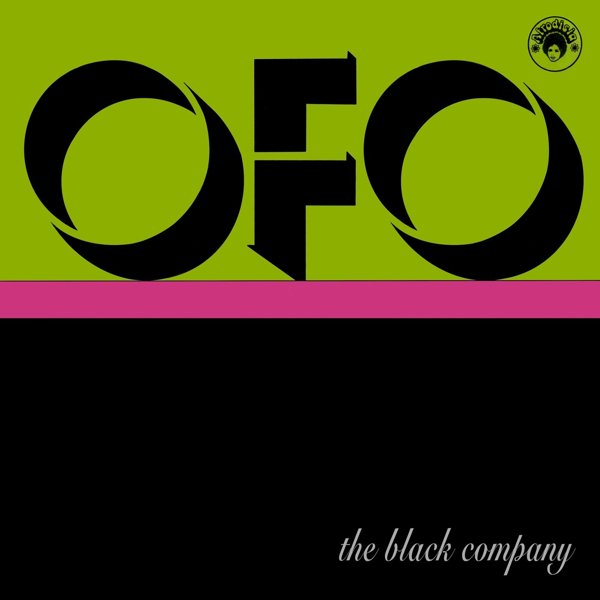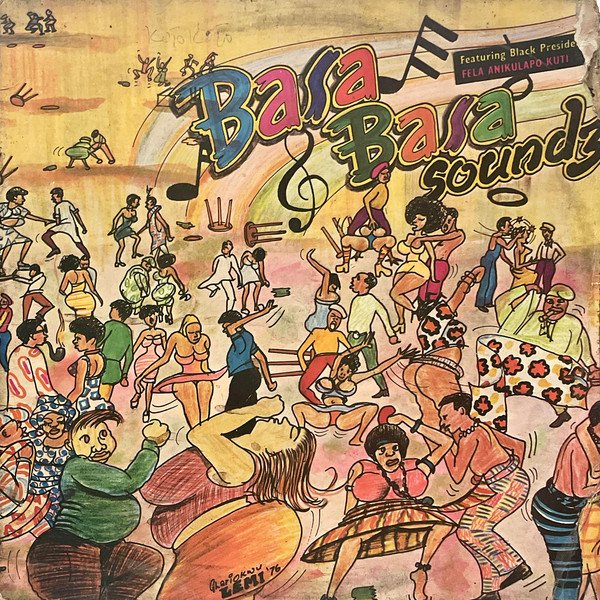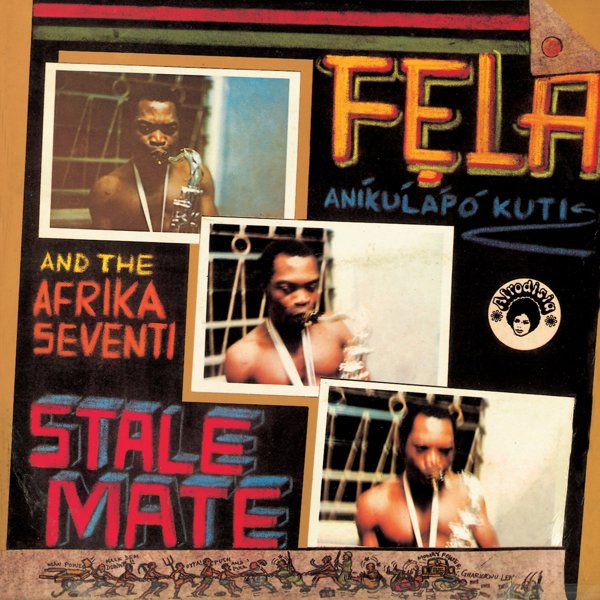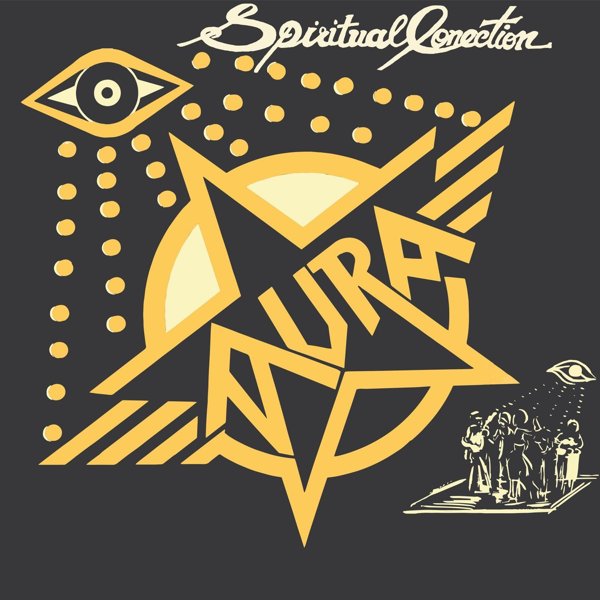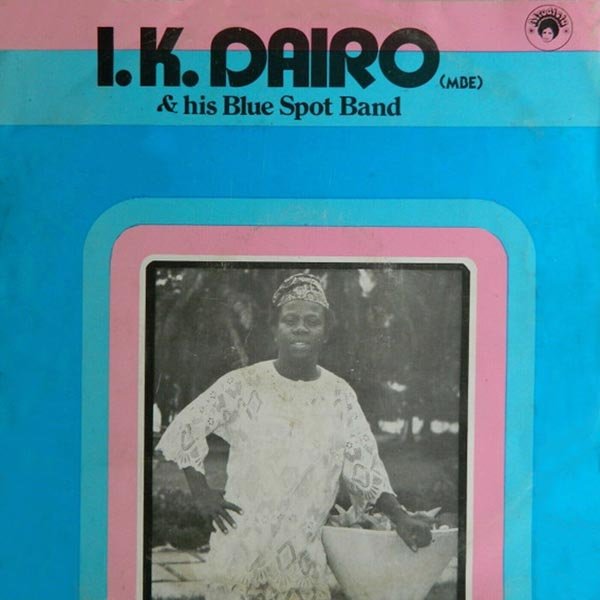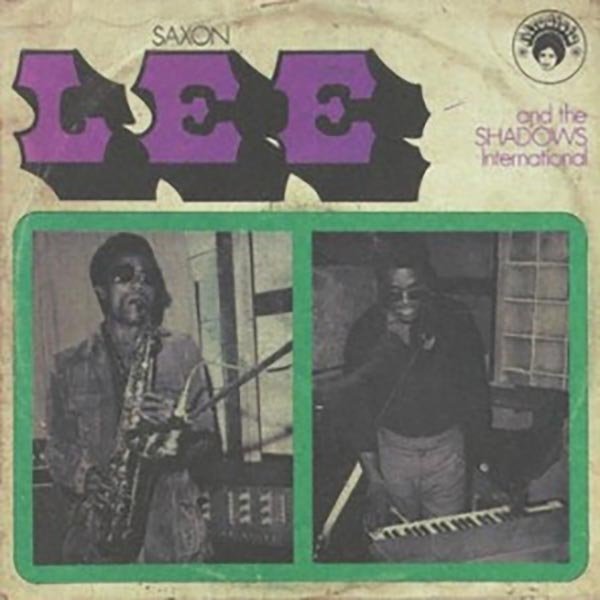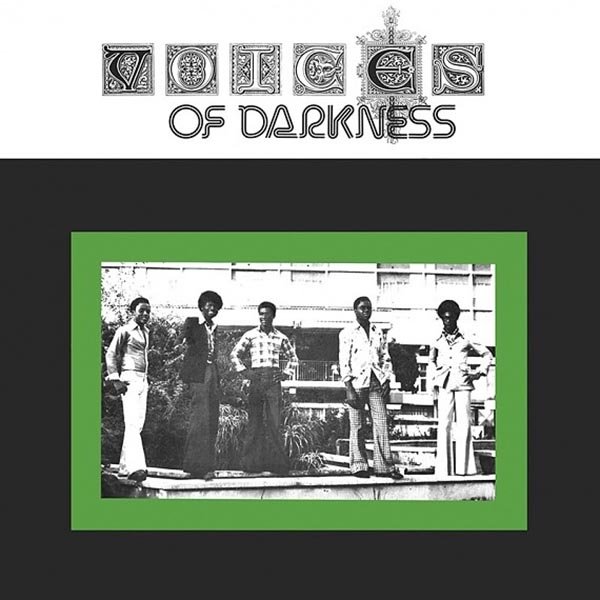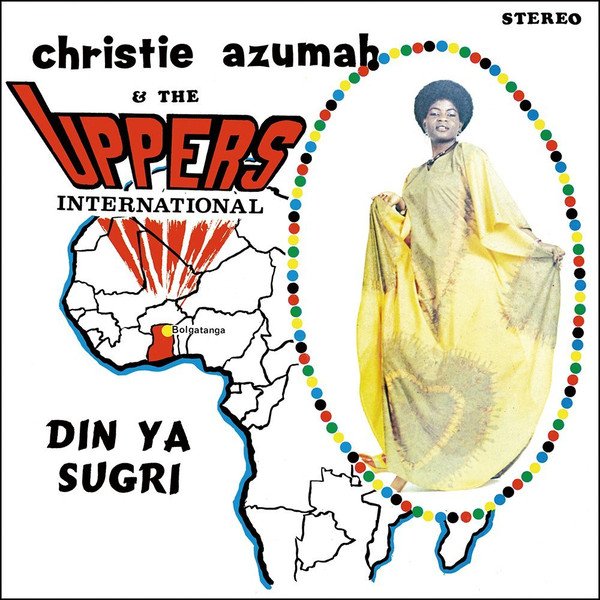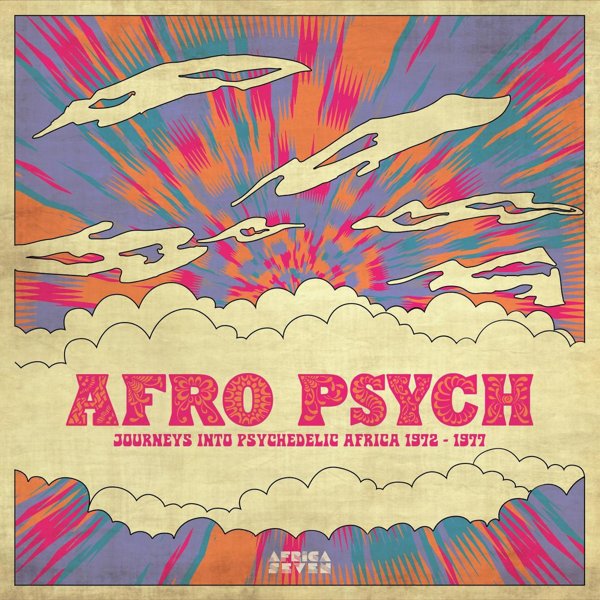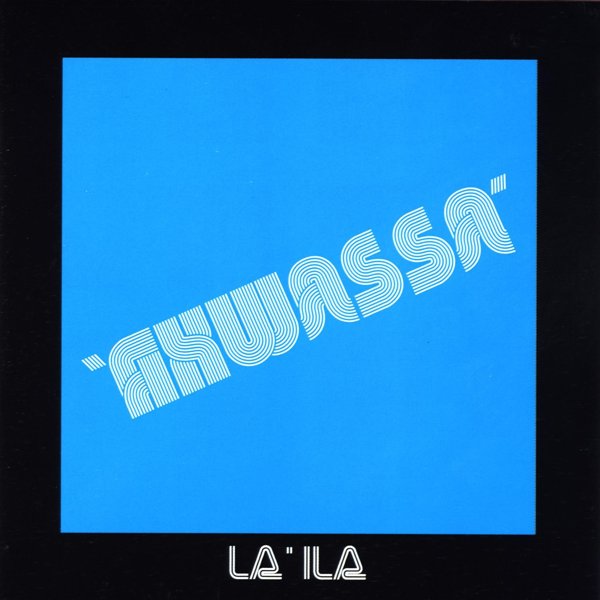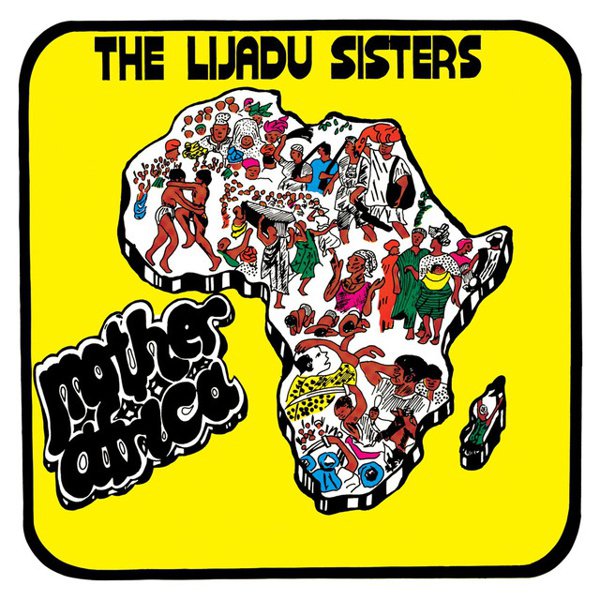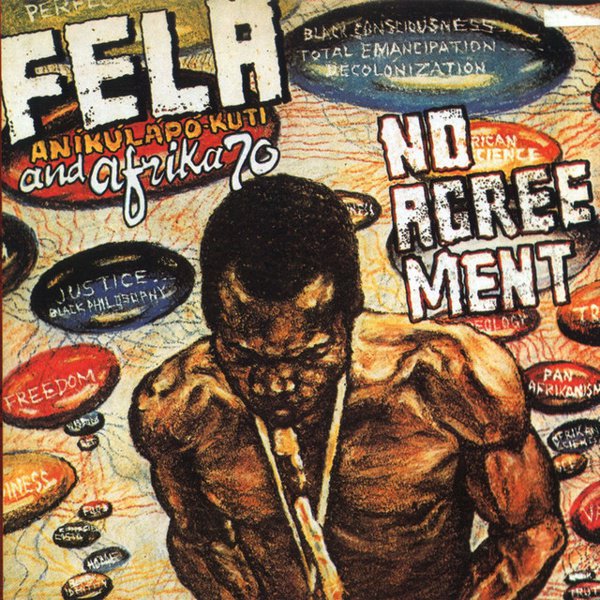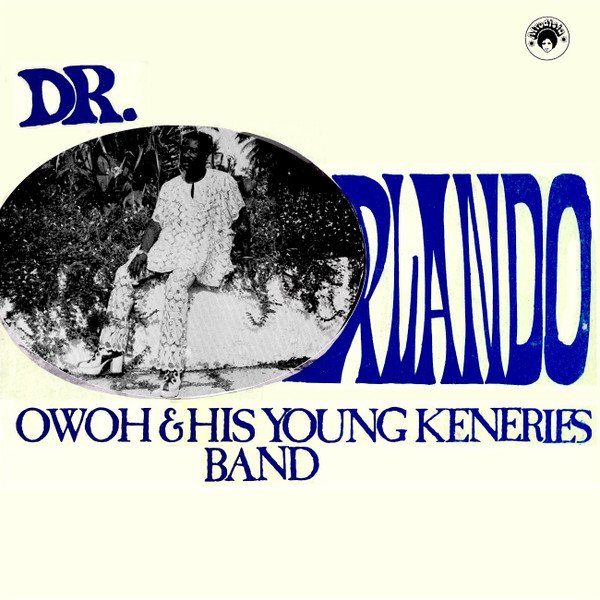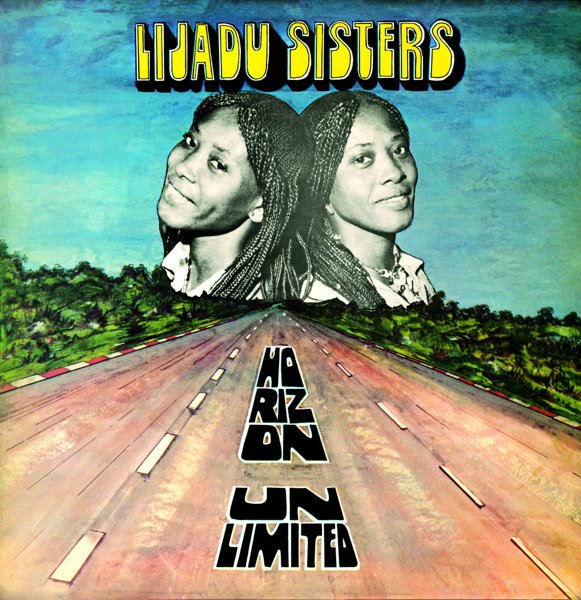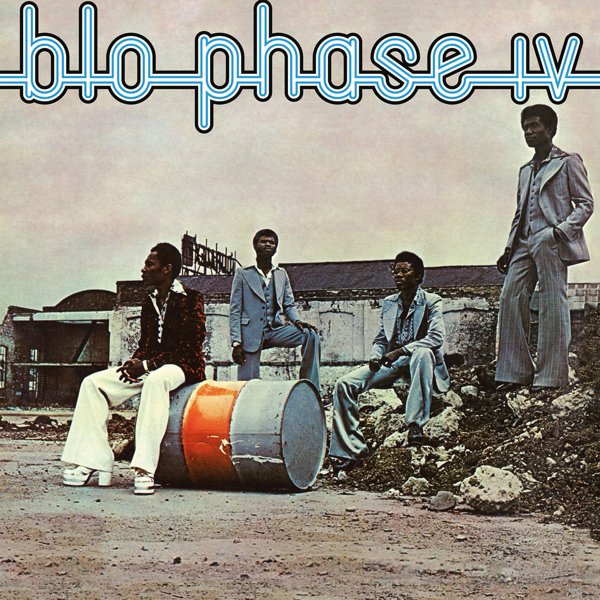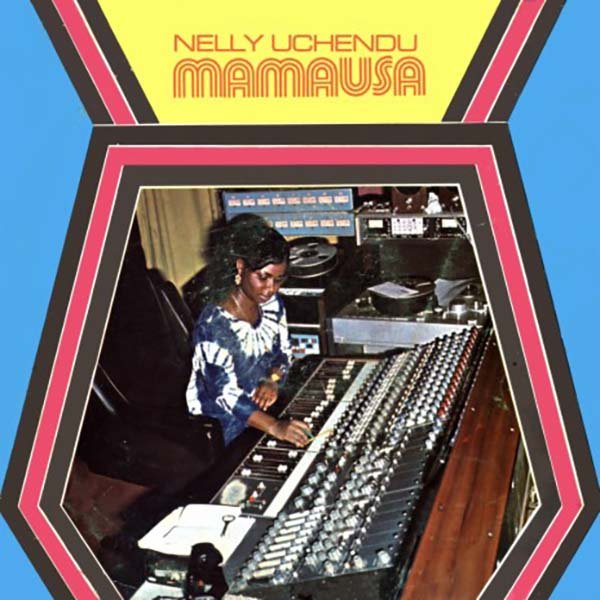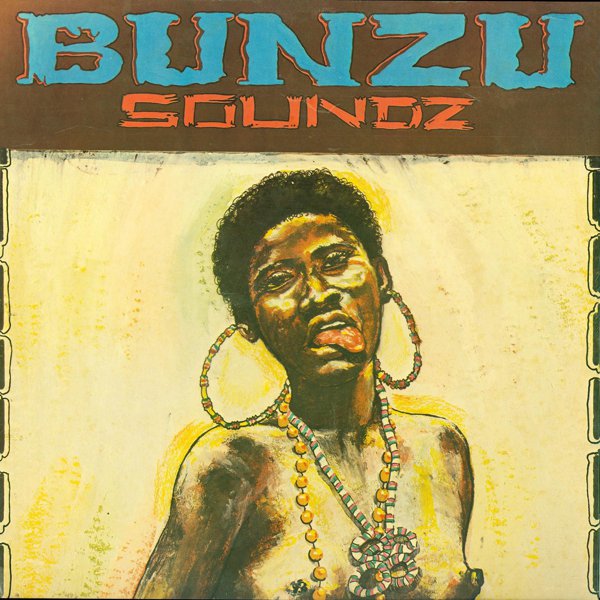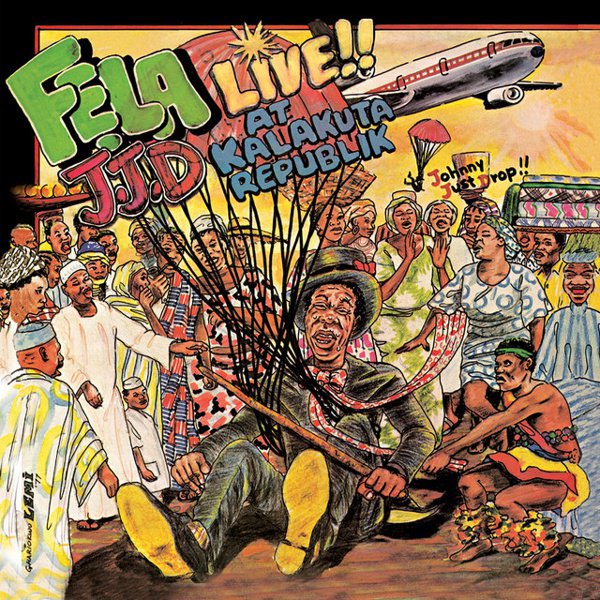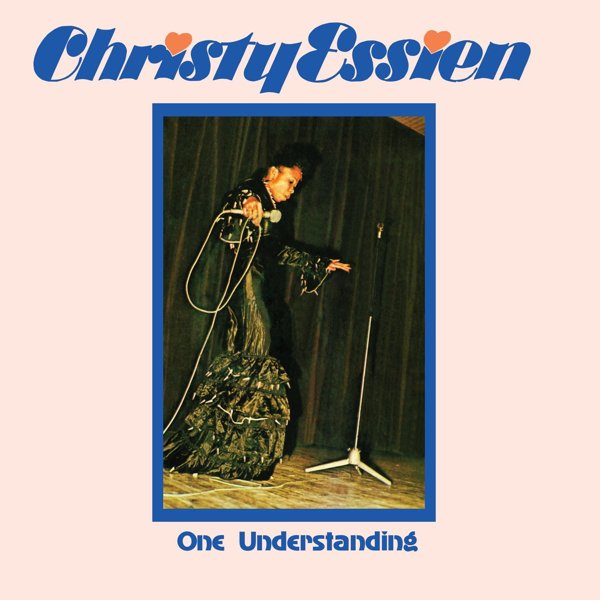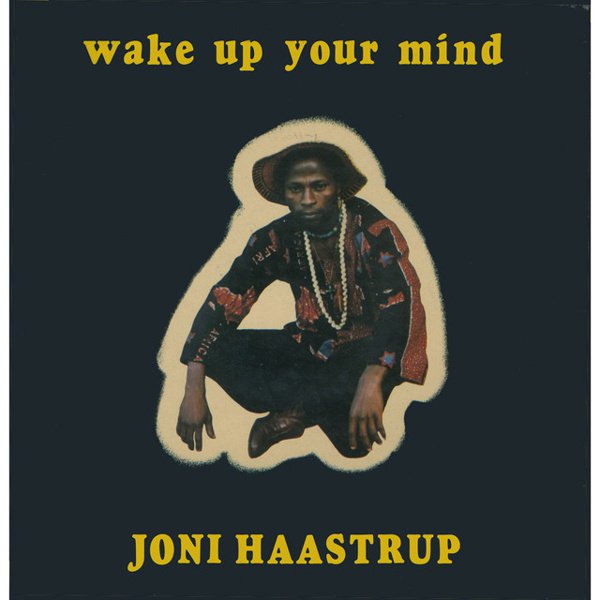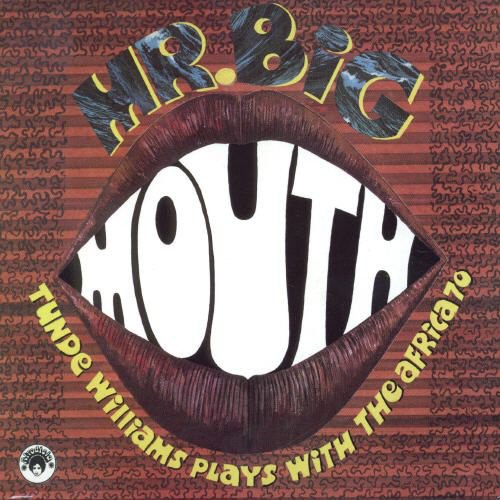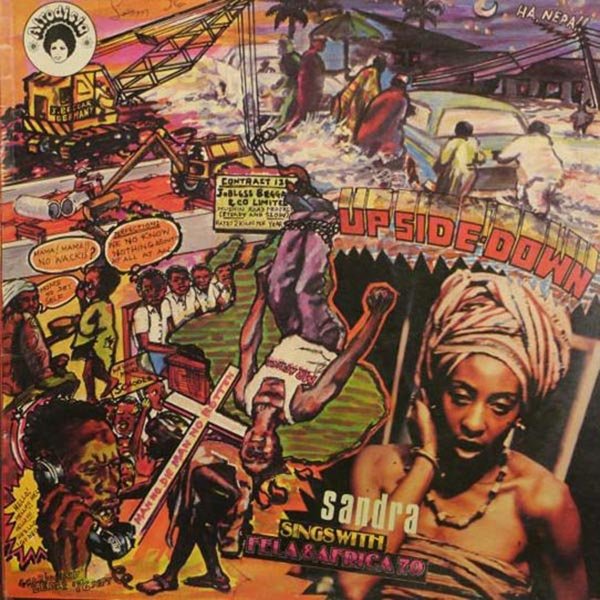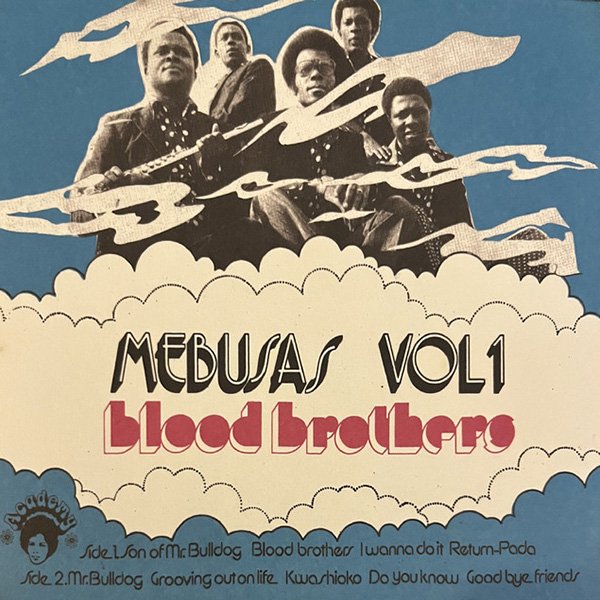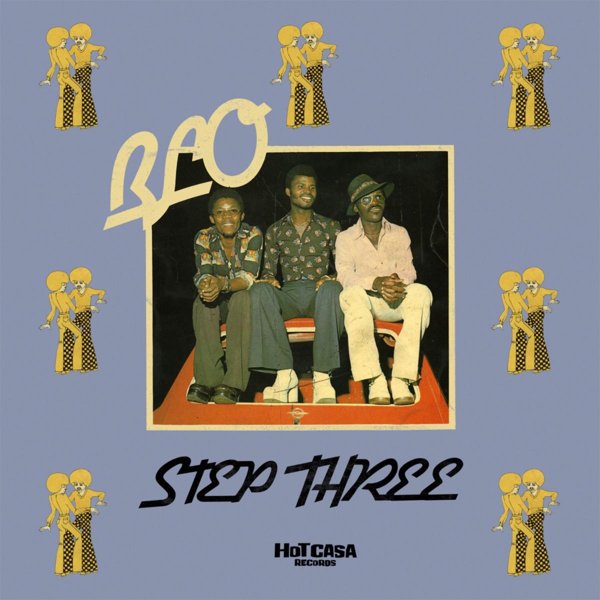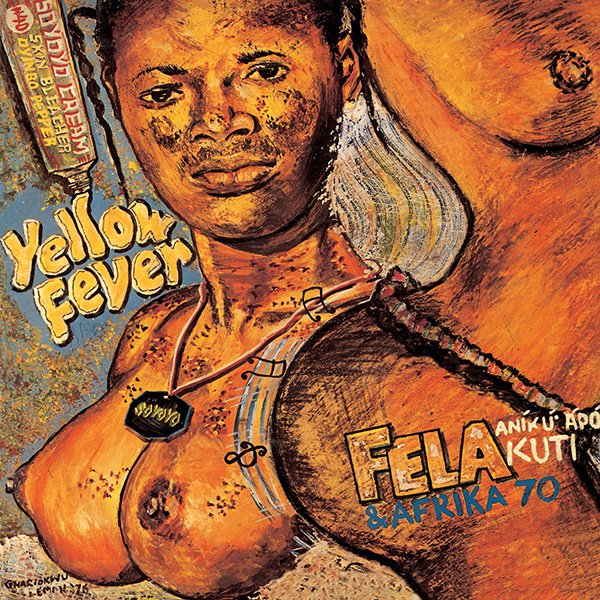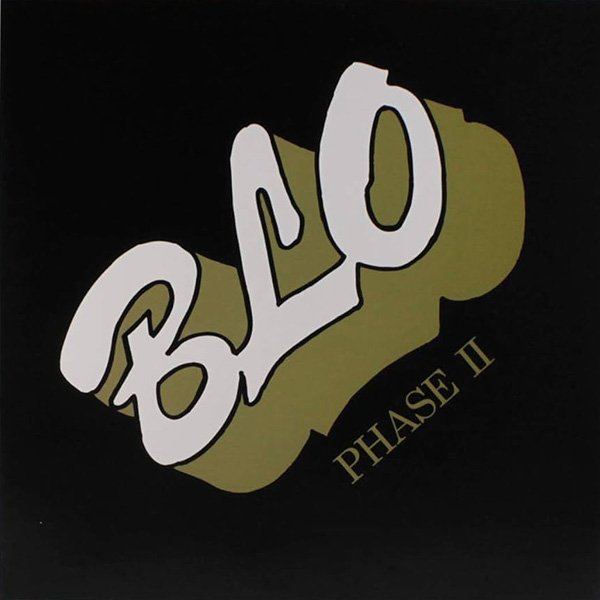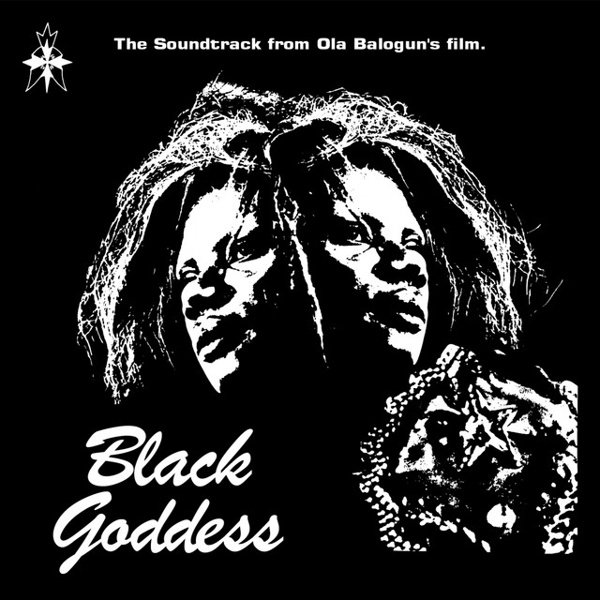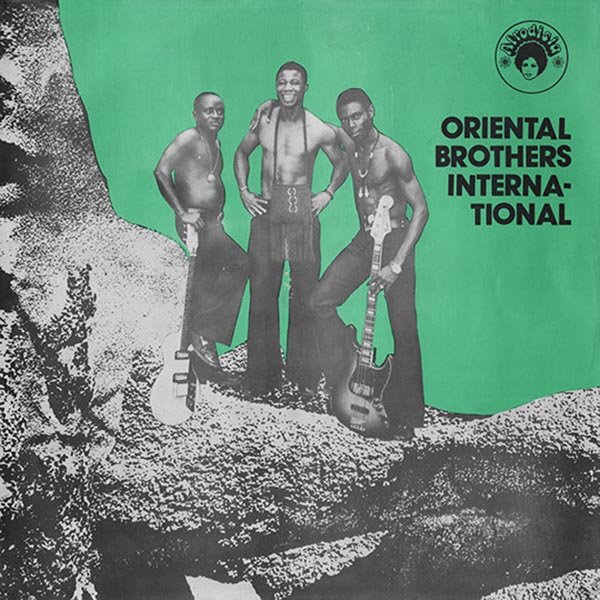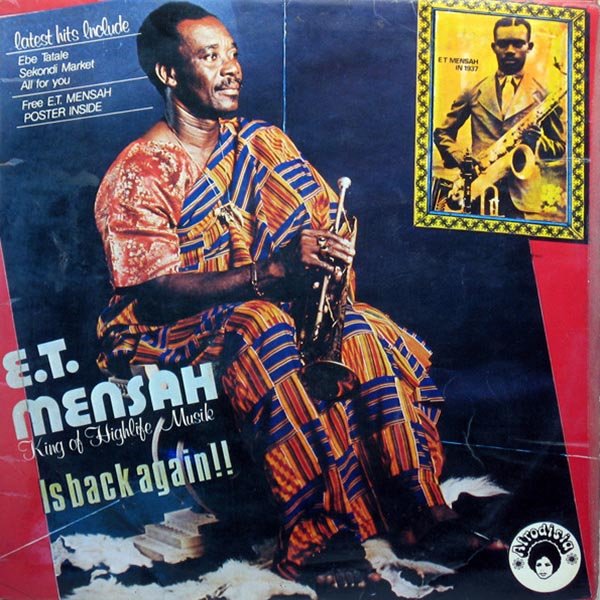Few images are as emblematic of the changes that swept Africa’s music scene in the 1970s as Afrodisia‘s iconic logo. Starting out as a doodle by founder label Dave Bennett, the stylized picture of a woman sporting an afro surrounded by a bold, curved typeface has appeared on hundreds of West African records, epitomizing one of the most transformative periods for African music.
During this decade artists in newly independent countries all over Africa were exploring and reclaiming indigenous styles which had been marginalized during colonialism, while also absorbing the rock, funk, and disco coming from abroad. The music scene exploded, and for the first time big labels began to take notice. Decca was particularly active, and in 1971 put a young sales manager by the name of Dave Bennett in charge of opening Afrodisia, its West African subsidiary in Lagos. Bennett strived to transfer all creative decision-making away from the London offices to Lagos, a move facilitated by the military junta’s indigenisation decrees of 1972 and 1977, requiring foreign-owned companies to hire more Nigerians. This enabled him to work closely with Nigerian colleagues who were deeply connected to the music scenes in Lagos and further afield, and led to Afrodisia’s relationship with the likes of Oriental Brothers International, an Igbo band from the East.
Afrodisia’s heyday didn’t last long, but in just under 10 years — Polygram Group bought Decca West Africa in 1980, and Afrodisia was all but abandoned, releasing mostly re-issues rather than working with new talent — they released hundreds of records capturing the plethora of sounds that were igniting the region’s music scenes, from jùjú to Afrobeat, highlife, psych-rock and, later on, soul and disco.
The following selection includes records by major stars like Fela Kuti, and others by lesser known artists who nonetheless had a pivotal role in shaping modern African music, as well as one compilation of killer singles released by Afrodisia.

